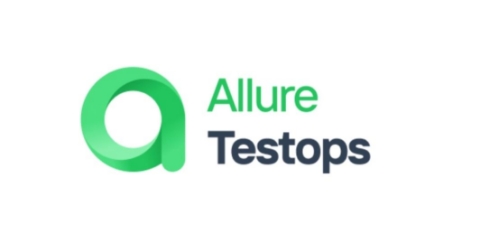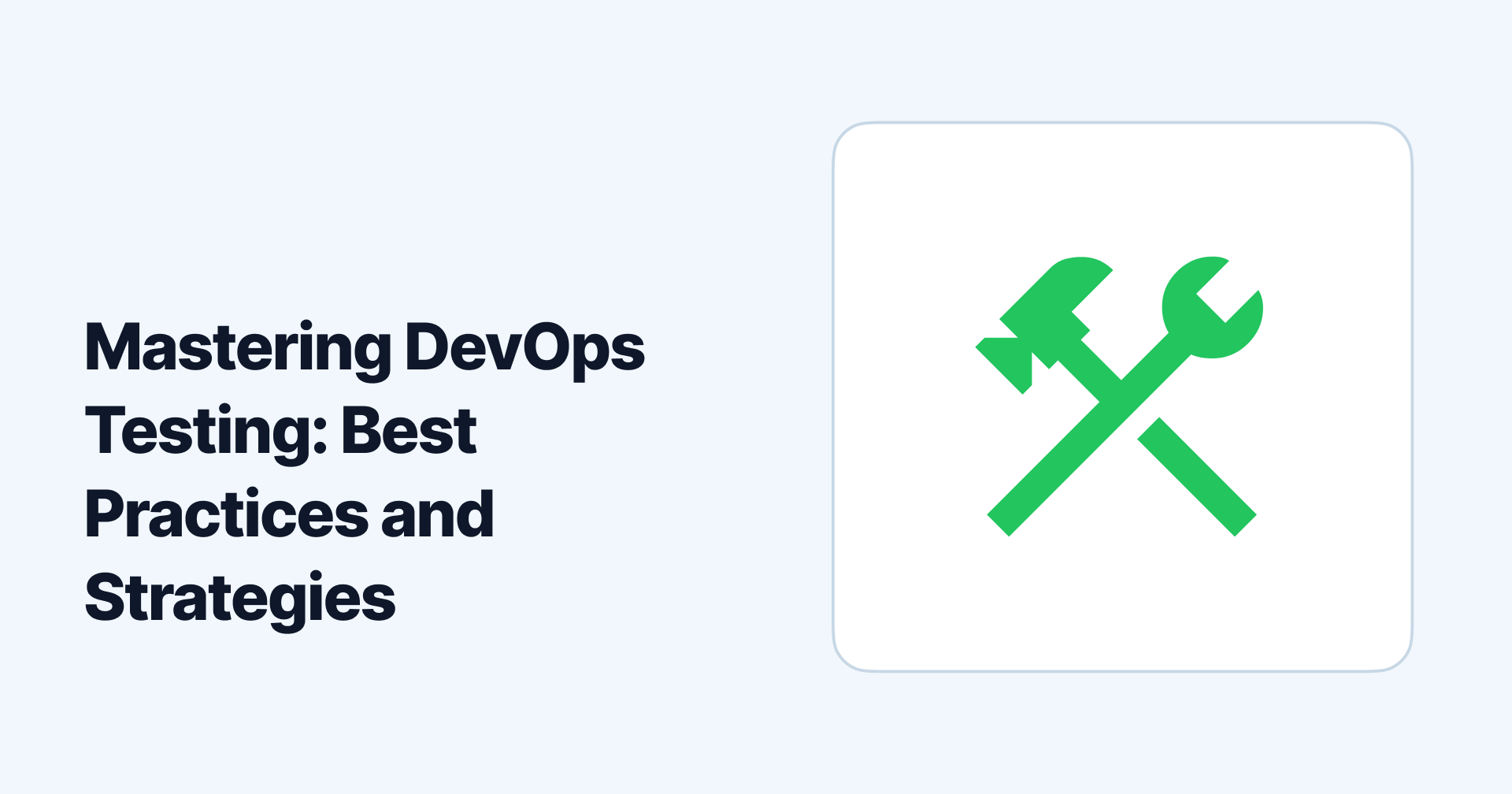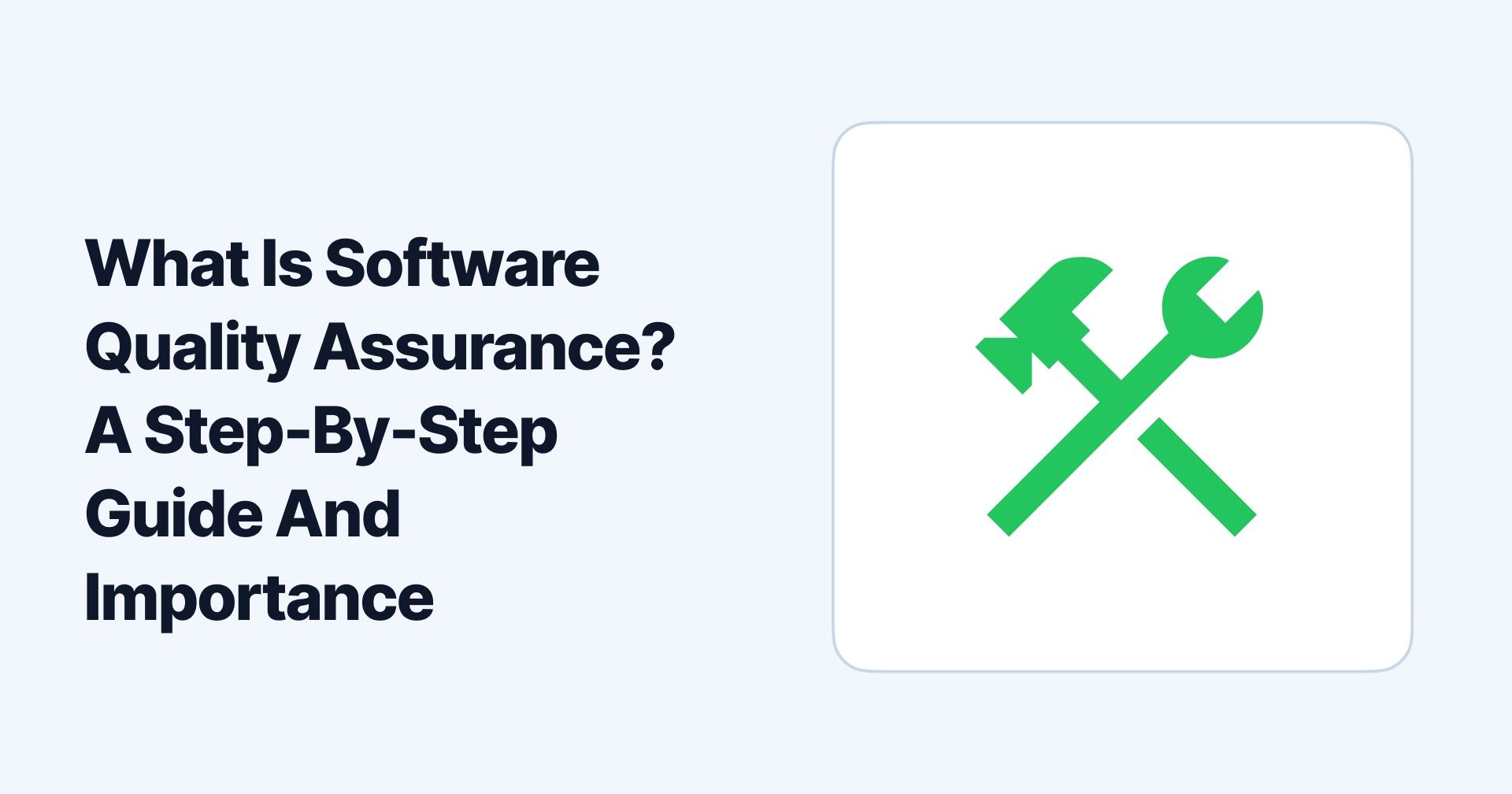When software development meets seamless operations, it offers faster and more reliable product delivery.
DevOps has revolutionized the software development landscape by breaking communication barriers and fostering collaboration between development and operations teams.
DevOps testing ensures efficient and reliable software delivery by emphasizing automation, continuous improvement, and shared responsibilities.
Automation plays a crucial role in DevOps testing, saving time and effort compared to manual testing. We will discuss the advantages of utilizing automation tools, such as increased efficiency, consistency, scalability, reusability, integration, and comprehensive reporting.
In this blog, you will read about DevOps testing and learn how to enhance collaboration and achieve superior efficiency and quality in your development process.
What is DevOps?
DevOps is a set of practices that unite the worlds of software development (Dev) and information technology operations (Ops) to make creating and delivering software more efficient and reliable.
In the traditional approach, developers and operations teams have worked separately, leading to communication gaps and slower software delivery. DevOps breaks down these barriers by emphasizing collaboration, automation, and continuous improvement.
Developers and operations teams work closely throughout the software development lifecycle, sharing knowledge and responsibilities. This ensures that software is developed with operational requirements, making it easier to deploy and maintain.
Automation plays a vital role in DevOps. Manual processes are replaced with tools and scripts that automate repetitive tasks like building and testing software. This saves time and reduces human error, making the development process more reliable.
Through constant monitoring and feedback, teams can identify areas that require improvement and implement changes to enhance the software and its delivery. This iterative approach helps in delivering high-quality software more frequently.
DevOps Testing Strategies
DevOps testing strategies are essential for ensuring the quality and reliability of software delivered through the DevOps pipeline. Here are some commonly used testing strategies:
Unit Testing
This strategy involves testing individual components or units of code to verify their functionality. Automated unit tests are typically written by developers and executed frequently to catch bugs early in the development process.
Integration Testing
Integration testing focuses on testing the interactions between different components or services within the software system. It ensures that the integrated components work harmoniously together. Automated integration tests help identify issues arising from the integration process.
Functional Testing
This strategy involves testing the software's functionality against specified requirements. Automated functional tests simulate user interactions and validate that the system behaves as expected. Continuous testing throughout the pipeline helps catch any regressions or functional defects.
Performance Testing
Performance testing assesses how the software performs under different workloads and stress conditions. Automated performance tests simulate real-world scenarios to measure response times, throughput, and resource utilization. It helps identify and resolve performance bottlenecks.
Security Testing
Security testing aims to identify vulnerabilities and ensure the software resists potential threats. Automated security testing scans for vulnerabilities, checks for proper access controls and identifies potential security weaknesses.
Continuous Testing
Continuous testing involves integrating testing activities throughout the DevOps pipeline. It ensures that tests are executed at each stage of the delivery process, from development to production. Automated tests provide rapid feedback, allowing teams to address issues promptly.
Why Should You Use Tools for DevOps Testing?
There are multiple tools available for automation testing which will help you with your business ambitions.
Efficiency and Speed
Automation tools enable faster and more efficient testing processes. They can execute tests quickly and repeatedly, saving valuable time and effort compared to manual testing. This allows for faster feedback on the quality of software changes, helping teams identify and address issues promptly.
Consistency and Accuracy
Automation tools ensure consistent test execution, eliminating the variations that may occur with manual testing. They follow predefined scripts or test cases precisely and reduce human error. This consistency enhances the reliability of the testing process.
Test Coverage and Scalability
Automation tools can manage a large number of tests, making it possible to achieve higher test coverage. They can simulate complex scenarios and perform extensive regression testing, ensuring thorough software validation. Additionally, automation tools can easily scale as the software evolves to accommodate increasing test requirements.
Reusability and Maintainability
Test automation tools allow for the creation of reusable test scripts or modules. These scripts can be used across multiple projects, reducing duplication of effort and increasing productivity. Moreover, when changes are made to the software, automation tools make updating and maintaining test cases easier, ensuring they remain relevant.
Integration and Collaboration
Automation tools can integrate with other DevOps tools and systems, enabling seamless collaboration between different teams and stages of the software development lifecycle. They can integrate with version control systems, issue tracking tools, and continuous integration servers, facilitating a streamlined and efficient DevOps workflow.
Reporting and Analytics
Automation tools provide comprehensive reporting and analytics capabilities. They generate detailed test reports, including pass/fail status, test coverage, and performance metrics. These insights help teams identify trends, track progress, and make data-driven decisions, enabling them to improve their software's quality.
Top 3 DevOps Testing Tools
Allure TestOps

Allure TestOps is a software quality management platform that combines automated and manual testing. It serves as a centralized hub for all tests, linking manual and automated testing to boost productivity.
With live documentation, it keeps test cases up to date based on tracking and analysis of test run results. Allure TestOps provides metrics and KPIs through its Analytics feature, allowing users to review the product's status, set targets, and monitor project progress at a glance.
Features
The Analytics feature provides real-time insights and comprehensive visibility through reporting and dashboards.
Aggregation capability combines multiple test runs into a single report, covering all necessary components for the release.
Configuration is flexible using the rich REST API and Allure Query Language, allowing easy access to your data.
Allure performs well at any scale, handling tests ranging from 1,000 to 1,000,000 test cases.
Native integrations with Test Automation, CI/CD, and Issue tracking frameworks simplify the integration process.
Selenium

Selenium is an open-source testing tool specially designed for testing web applications. It allows you to record and playback tests, making testing your web app on different browsers easier.
Selenium has many advantages, including its ability to meet the needs of various businesses. The Selenium community is actively improving the tool and has exciting plans for future releases.
It is a valuable resource for testing web applications and is expected to evolve to serve various industries. It has numerous advantages.
Features
It Supports multiple programming languages: Java, Perl, Python, C#, Ruby, Groovy, and JavaScript.
Compatible with numerous operating systems: Windows, Mac, Linux, Unix, etc., and works seamlessly with popular browsers: Internet Explorer, Chrome, Firefox, Opera, Safari, etc.
It provides extensive support for testing on mobile devices.
It has an active community that provides regular updates and new features.
Selenium Suite includes Selenium IDE, Selenium Grid, and Remote Control for versatile testing requirements.
Pytest

Pytest is a robust Python testing tool that enhances code quality. It offers simplicity, automatic test discovery, modular fixtures, and intelligent error output. As a mature and feature-rich framework, it enables enjoyable testing experiences.
With no boilerplate or required APIs, Pytest is versatile and can handle various testing scenarios. Its advantages lie in its user-friendly nature, seamless test discovery, and the ability to create modular fixtures, ultimately making it a preferred choice for testing Python applications.
Features
Pytest provides informative trace-backs, making it easier to understand and fix issues in your code.
It allows capturing stdout and stderr logs during testing, aiding debugging and analysis.
Test selection can be done conveniently using the -k and -m flags, allowing you to run specific or groups of tests.
You can stop the testing process after the first or a specified number of failures, saving time and focusing on fixing critical issues.
It allows the use of plain assert statements instead of specific self.assert* functions, simplifying test writing.
Allure TestOps, Pytest, and Selenium are a powerful combination of tools that can help in the DevOps testing process. Allure TestOps provides insights that can help make informed decisions due to its KPIs and analytics features.
Allure TestOps: The Best DevOps Testing Solution
Allure TestOps is a comprehensive software quality management platform designed to streamline and enhance testing processes. It offers enterprise-level security, protecting your data with features like role-based access, single sign-on (SSO), API tokens, and audit logs.
With real-time analytics and reporting, you gain valuable insights and complete visibility into your testing activities. Allure TestOps allows you to aggregate multiple test runs into a single report, simplifying the release process.
Its rich REST API and Allure Query Language also provide a flexible configuration. With scalability, integrations, and user-friendly features, Allure TestOps empowers teams to deliver high-quality software efficiently.
| Tool | Allure TestOps | Selenium | Pytest |
|---|---|---|---|
| Test Management | Centralized hub for manual and automated testing | Limited support for manual testing | Testing framework for Python that supports both automated and manual testing |
| Analytics | Real-time insights, metrics, and KPIs through Analytics feature | No built-in analytics | No built-in analytics |
| Reporting | Comprehensive reporting and dashboards | Basic reporting capabilities | Informative tracebacks, logging, and stdout/stderr capture |
| Scalability | Handles tests ranging from 1,000 to 1,000,000 test cases | Scalable for large test suites and parallel test execution | Scalable for various test scenarios and parallel test execution |
| Integration | Native integrations with Test Automation, CI/CD, and Issue-tracking frameworks | Integrates with various DevOps tools and systems | Integrates with other Python testing frameworks and CI/CD tools |
| Test Types | Supports various testing types (unit, integration, functional, performance, security) | Primarily focused on web application testing | Supports a wide range of testing scenarios, including unit and functional |
| Community | Active community with ongoing development and feature updates | Large and active community with continuous improvement | Active community with regular updates and new features |
| Pricing | Cloud Plan starting at $39/month, Server Plan starting at $30/month | Free and open-source | Free and open-source |
Features:
The following features make Allure TestOps the best option available.
Smart Test Cases
Say goodbye to manual test case updates. Allure TestOps automatically updates your test documentation based on test run results, saving you time and effort.
Central Hub for All Tests
It is a centralized hub for manual and automated testing, empowering your team's productivity. It strengthens and accelerates your CI/CD pipeline while providing instant insights into your test coverage.
Metrics and KPIs
With Allure TestOps Analytics, you can review your product's status, set targets, and track the testing process. Create customized Key Performance Indicators (KPIs) using Allure Query Language to monitor your project's progress at a glance.
Reinforce CI/CD Pipeline
Allure TestOps reinforces and speeds up your CI/CD pipeline, ensuring efficient software delivery.
Instant Insights
This tool provides real-time insights into your test coverage, allowing you to make informed decisions and optimize your testing practices for better results.
Pricing
Allure TestOps offers two pricing plans for its customers. They are:
The Cloud Plan – This plan starts at $39 per month. This plan is hosted on their infrastructure.
The Server Plan – This plan starts at $30 per month. This plan is hosted in-house.
Conclusion
DevOps testing is crucial in ensuring the quality and reliability of software delivered through the CI/CD pipelines. By incorporating testing into the development process, organizations can identify and address issues early on, leading to faster delivery of high-quality software.
Allure TestOps provides numerous benefits, including instant insights into test coverage, automatic test case updates, and a central hub for all tests.
With its analytics and reporting features, Allure TestOps allows users to review product status, set targets, and monitor project progress at a glance. It reinforces the CI/CD pipeline, accelerates software delivery, and provides real-time insights into test coverage.
By leveraging tools like Allure TestOps, organizations can enhance their testing processes, improve collaboration between teams, ensure consistent and accurate test execution, and ultimately deliver reliable and high-quality software efficiently.



